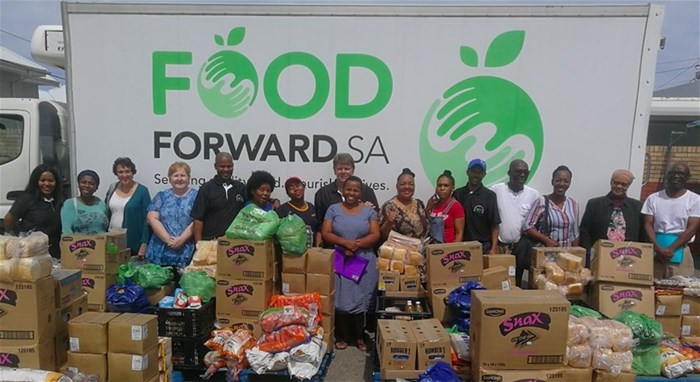
Top stories






More news














Inflation tends to erode or destroy savings, impede growth, and reduce living standards. Several economists predict that South Africans will have to endure this financial volatility for the foreseeable future, as economic stagnation sets in, and wages are not keeping up with the cost of living.
A recent survey conducted by the Human Sciences Research Council (HSRC) and the Financial Services Conduct Authority (FSCA) found that:
There are plenty of reasons to be concerned within this current inflationary context. More and more people are now facing destitution, and they are turning to the NPO sector for survival, support, and relief. As a result, the NPO sector has become over-burdened, under severe pressure, unable to keep up with the burgeoning demand, and like so many of us, have to make some hard choices.
One of these hard choices has to do with the value vs volume conundrum – making decisions to either serve more people or add more social, health, or development programmes as the demand increases, risk compromising the quality of the services they offer, or limit their programmes and access to the services they offer, resulting in poor people being denied proper care and attention.
NPOs do crucial work in vulnerable communities that government and businesses cannot reach. Services such as education and training, skills development, counselling, shelter, and health-related services tend to be either free or very affordable for low income households. The reality is that the actual running costs of these NPOs go up as inflation rises. Water, electricity, fuel, food, medical supplies, salaries and wages, capital costs etc. have to be budgeted and fundraised for, in order to remain operational, and maintain the level of services that their respective communities have become accustomed to.
Over the past two years, thousands of NPOs that offered vital services in under-served communities had to close their doors because of the effects of the pandemic, a lack of funding, or they were not able to keep up with the growing demand. This effectively means that the poor are left with no other alternatives to seek advice, medical attention, shelter, food support etc. and they become exposed, vulnerable, and helpless.
While many NPOs that continue to function are helping South Africans survive, there is no doubt that they are under severe pressure. As donor fatigue sets in and fewer people have disposable income to donate funds to NPOs, which is the life-blood of their survival, many have to reduce their service offerings and downsize.
The NPO sector has been going above and beyond over the past few years to ensure that vulnerable people receive the necessary care and attention, despite being severely under-resourced. To ensure that more poor people do not fall through the safety nets that NPOs offer, national, provincial, and local government must recognise the profound value that NPOs offer, and they need to set aside budget allocations to avoid the current crisis deepening, forcing several more NPOs to downsize or close their doors.
